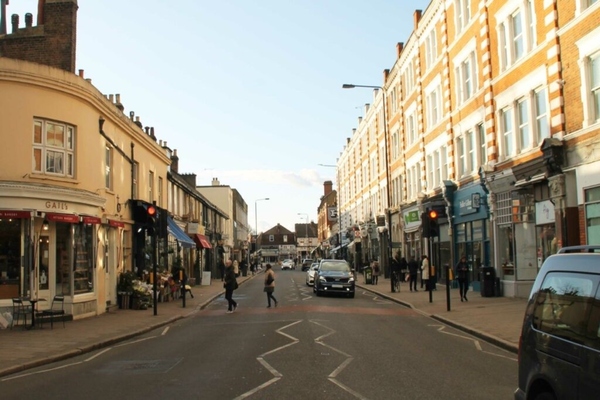London council uses AI to assess high street “bounce back”
Merton Council in Wimbledon’s findings reveal that bad weather and bank holidays impacted footfall more than the Plan-B Covid restrictions.
Merton London Borough Council is working with London-based transport technology scale-up Vivacity Labs to evidence the impact that Covid-19 restrictions had on footfall, and to identify if there was a bounce back in the months following.
By using Vivacity’s anonymous AI-sensor technology, the council has been able to analyse high street pedestrian and traffic movements over a sustained period of time, with what it claims to be an industry-leading degree of accuracy, bringing substantiated evidence of high street health.
Anonymous data
Using anonymous data starting from September 2021, Vivacity Labs’ sensors found that during the six weeks of Plan B restrictions, total traffic fell by eight per cent on Wimbledon High Street compared to six weeks prior. However, on the busiest days for footfall, it was weather conditions and special events such as bank holidays (Christmas) that had a much bigger effect on high street footfall than Covid restrictions.
“Covid-19 severely compromised high street health, with lockdowns, enforced shop closures and work from home guidance all posing barriers,” said Mark Nicholson, Vivacity Labs’ CEO. “We’re delighted to have worked with Merton Council to assess and understand how the high street is performing and reacting to pandemic recovery.
“Not only is it valuable for the council to analyse levels of footfall, this has the ability to inform future schemes and initiatives in the Wimbledon area.”
The findings also indicate that climate uncertainty and increasingly volatile weather patterns, such as Storm Eunice, are an influential factor when it comes to high street activity.
“Our work with Vivacity Labs is vital for understanding how high street activity has bounced back after the lifting of Covid restrictions and identifying regeneration trends,” said Andrew Parsons, internet of things (IoT) programme manager, South London Partnership.
“These insights are really important for our ongoing work to improve people’s lives in the area using IoT technology.”
Vivacity Labs’ AI sensors and smart junctions signal control gather accurate, detailed and anonymous data 24/7 on transport modes, traffic flow and travel patterns, supporting more informed decision-making.
- AI and Machine Learning
- Connectivity & Data
- Covid-Effect
- Governance and Citizen
- Internet of Things (IoT)
- London
- Merton London Borough Council
- Wimbledon




Leave A Comment